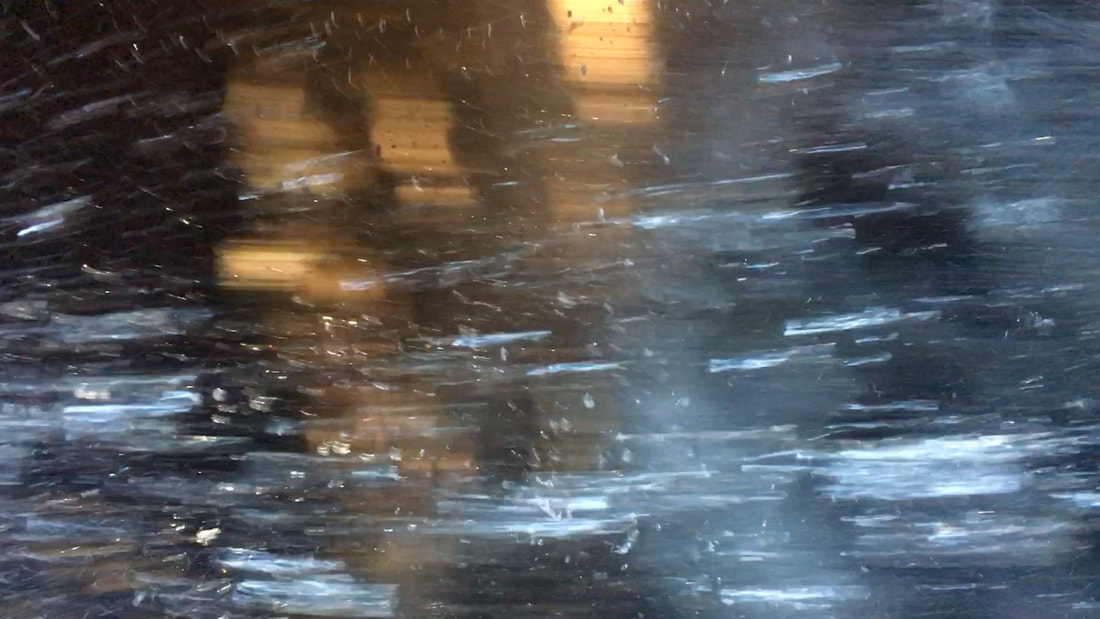|
What does an ethical approach to stakeholder engagement and knowledge translation look like? Stakeholder engagement is often spoken of as a conduit to knowledge translation. In this framing, knowledge translation feels like a one-way transaction from researcher to community for the benefit of researchers and their institutions rather than a collaboration. Working with a feminist new materialist framing[1], I’m interested in how to create a more response-able relationship with stakeholders. Here I’m thinking with Barad’s concept of response-ability that is open to the micro political “possibilities of mutual response, which is not to deny but attend to power imbalances”[2]. My ears pricked up when I heard Moya Bailey’s description of a research advisory panel that “co-created a three dimensional space with multiple directions of flow”[3]. Bailey’s project researching trans women of colour’s hashtag activism was collaborative from the ground up. Her key stakeholder and advisory panel played a role in the construction of the research, identifying beneficial research goals and how research engagement with stakeholders could be ethical and collaborative. It included a model of inviting continual feedback from a wider community of activists, artists and academics. This open and responsive process was generative beyond the project, with the advisory panel co-opting the network of engaged stakeholders for their own activism.
Bailey has created a connect, create and transform structure for thinking about how to ensure research engagement and accountability with stakeholders[4]. This approach disrupts the traditional one-way extraction model of scholarly work and its communication via academic publications and expands on the two-way conception of researcher communicating with and receiving feedback from stakeholders. I’ve been thinking about how I might be able to engage with my research stakeholders collaboratively. Hearing about this model broadened and reframed my understanding of what stakeholder engagement and knowledge translation could be. So how might this apply to my research with young people in secondary school? My immediate stakeholders are my supervisors who are also the lead researchers on the Gender Matters ARC research project my doctoral research sits within. We have regular supervision and project discussions so continual dialogue between us is embedded. I also have access to members of the project’s Australian and International Advisory Groups who bring a wealth of education, gender and sexuality, filmmaking and media experience to the table. Their input so far has been through both conversation and formal meetings. I have been in frequent dialogue with one of the Australian group members in refining my workshop process, drawing on his extensive experience working with young people in Western Sydney on film and media projects. In thinking about how to create a response-able process of engagement with student participant stakeholders I have drawn on the work of scholars working with phEmaterialist arts-based methods to design a creative workshop process that is open and generative. Student participants will also have the option to participate in online activities via a closed online forum, such as Slack[5], to discuss ideas and share links, images, sound or video with student workshop participants from other schools. Access to discussion and sharing with students beyond their own immediate peer group will create opportunities for peer to peer sharing and learning. This will feed into my ongoing refinement of the workshop process but also has the potential to spark new ideas in relation to gender equity and student aspirations for change that could generate action by students beyond the project. Image: still frame from affective filmmaking fragment "in the middle" © 2020 Prue Adams Notes
1 Comment
|
BlogMy thinking about filmmaking as an affective, emergent mode of inquiry to explore experiences of gender in secondary school with young people through my doctoral research. Archives
December 2022
Categories
All
|
